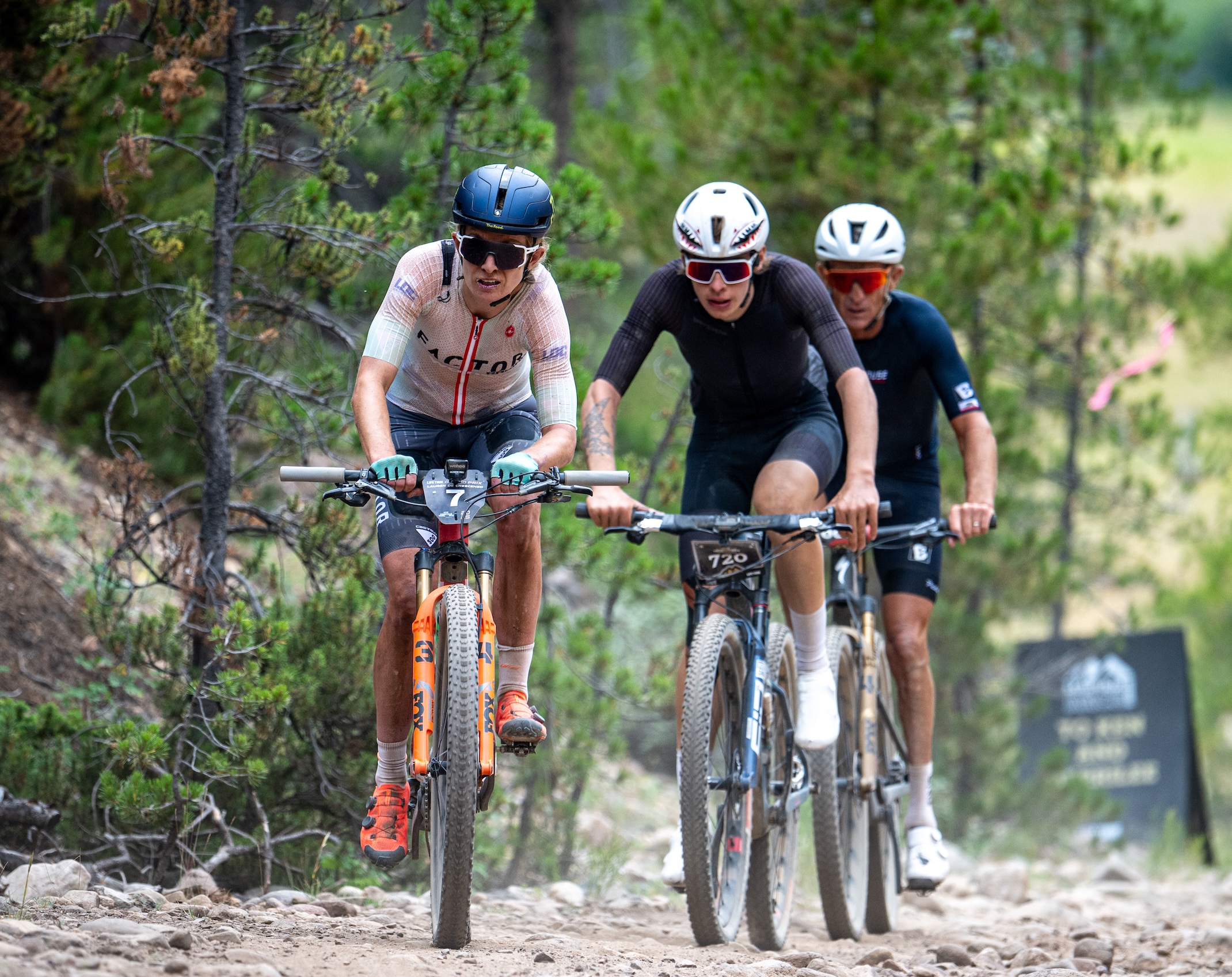Verbruggen claims CIRC report 'confirms his complete innocence'
Dutchman defends UCI's anti-doping during his tenure
The latest race content, interviews, features, reviews and expert buying guides, direct to your inbox!
You are now subscribed
Your newsletter sign-up was successful
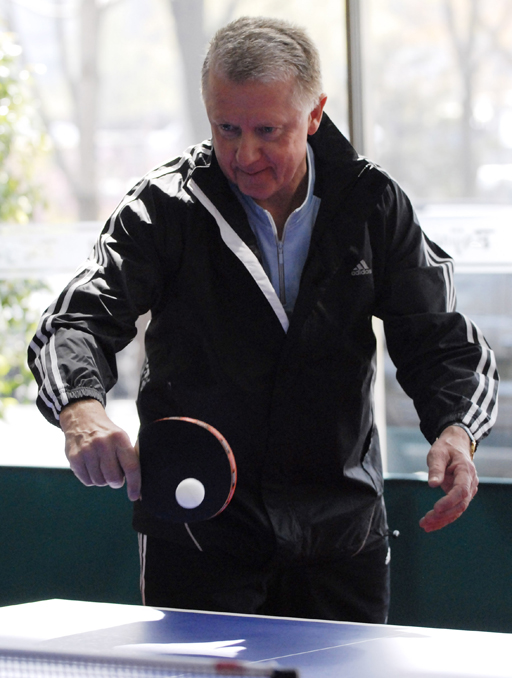
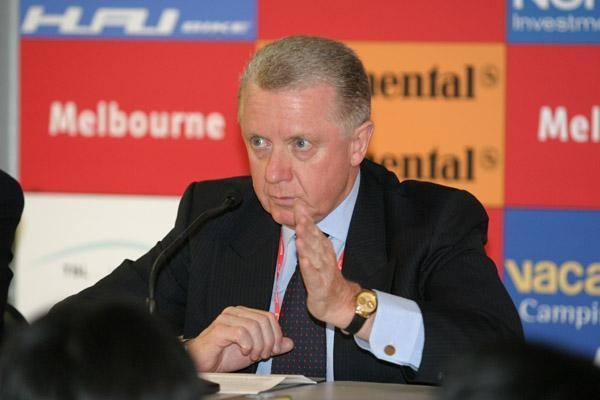
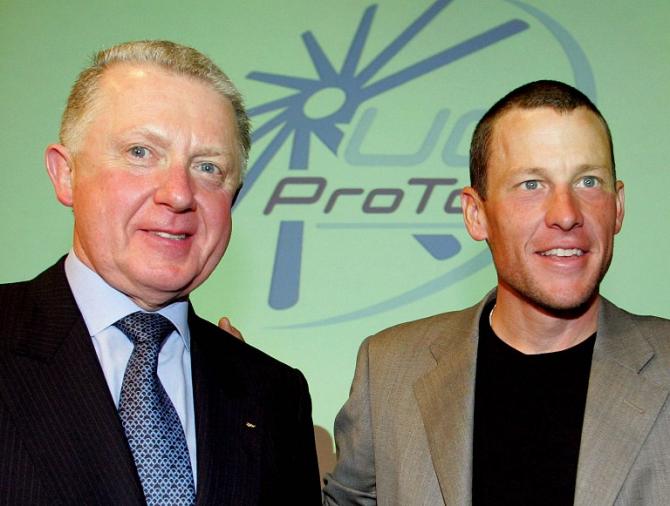
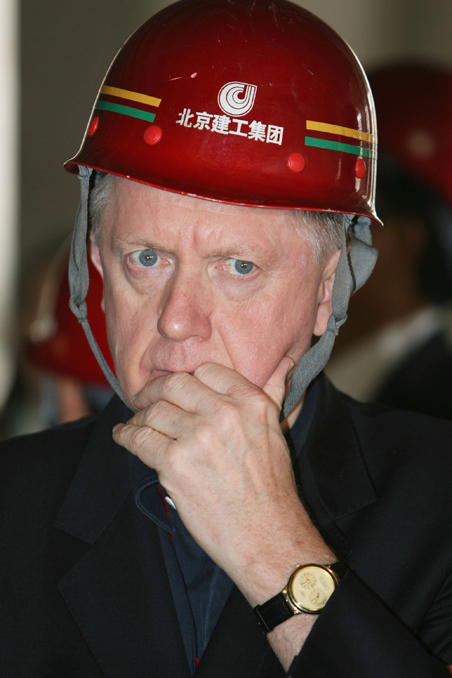
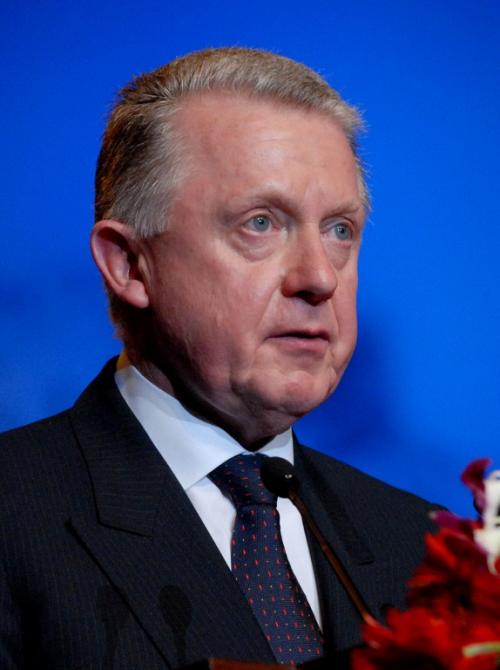
Former UCI President Hein Verbruggen has joined his successor Pat McQuaid in claiming that the Cycling Independent Reform Commission report vindicates his actions during his time in charge, despite the fact that the document cites “numerous examples that prove Lance Armstrong benefited from a preferential status afforded by the UCI leadership.”
Verbruggen claims Armstrong made his life "a misery"
Verbruggen continues legal case against Kimmage
CIRC: Lance Armstrong's ban holds as McQuaid and Verbruggen fall under scrutiny
Cookson to ask Verbruggen to step down as honorary president of the UCI
The CIRC report found no evidence to prove that the UCI had deliberately covered up a positive test from Armstrong at the 2001 Tour de Suisse in exchange for a financial donation from the American, nor did it deem that a later donation was used to pay for the “Vrijman Report” which was to examine allegations that Armstrong used EPO at the 1999 Tour de France.
However, the three-man commission condemned Verbruggen and the UCI, along with Armstrong’s lawyers, for being "directly and heavily involved” in the drafting of Vrijman’s supposedly independent report in order to “to ensure that the report reflected UCI's and Lance Armstrong’s personal conclusions.”
The CIRC dossier also denounces the UCI under Verbruggen for allowing Armstrong and Laurent Brochard to provide backdated medical certificates to evade sanction following positive tests, and is critical of Verbruggen’s long-standing feud with the World Anti-Doping Agency.
“I have studied the CIRC report and I am satisfied that it confirms what I have always said: that there have never been any cover-ups, complicity or corruption in the Lance Armstrong case (or, indeed, in any other doping cases), nor did Armstrong make any payments relating to the Vrijman Report,” Verbruggen said in a statement released on Monday afternoon.
“The wild conspiracy theories and accusations have all been properly debunked once and for all. I am pleased that this report confirms my complete innocence concerning these accusations which have been levelled at me in the past.”
Verbruggen defended the UCI against the charge that its anti-doping policies were largely inadequate for the duration of his tenure as president, claiming that the governing body’s efforts were hampered by the financial constraints in place when he took over as president in 1991 – a time, he said, when the UCI “was virtually non-existent and had no financial means whatsoever.”
The latest race content, interviews, features, reviews and expert buying guides, direct to your inbox!
“We had to work with the technology that existed at the time. For the CIRC to pronounce judgment concerning the ‘adequacy’ or otherwise of the start of our battle against doping, without taking these prevailing circumstances into account, is, I believe, unfair,” Verbruggen said. “Looking back, I am still firmly of the conviction that, given the financial and staff constraints the UCI had at the time, we couldn’t have done anything much differently.”
The CIRC report concludes that clashes between Verbruggen and former WADA head Dick Pound had an adverse effect on the fight against doping, and in his statement on Monday, Verbruggen launched another attack on the agency, complaining that the CIRC report “pointedly fails to mention that WADA only tested Armstrong three times in 10 years and that USADA performed far worse than the UCI in its testing of Armstrong.”
Verbruggen also dismissed the depiction of him in the CIRC report as the patron absolu of the UCI as “a caricature based on the opinions of five people who, for a variety of reasons, had personal grudges against me.”
Speaking to the Guardian earlier on Monday, current UCI president Brian Cookson called on Verbruggen to “consider his position” as honorary vice-president following the criticism of his actions outlined in the CIRC report.

